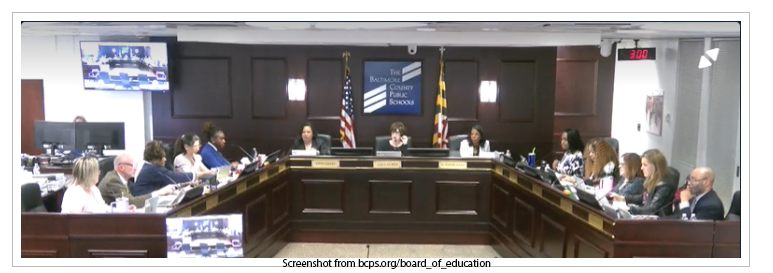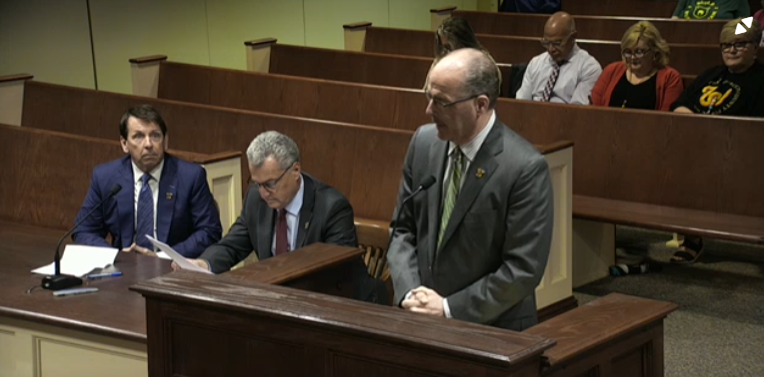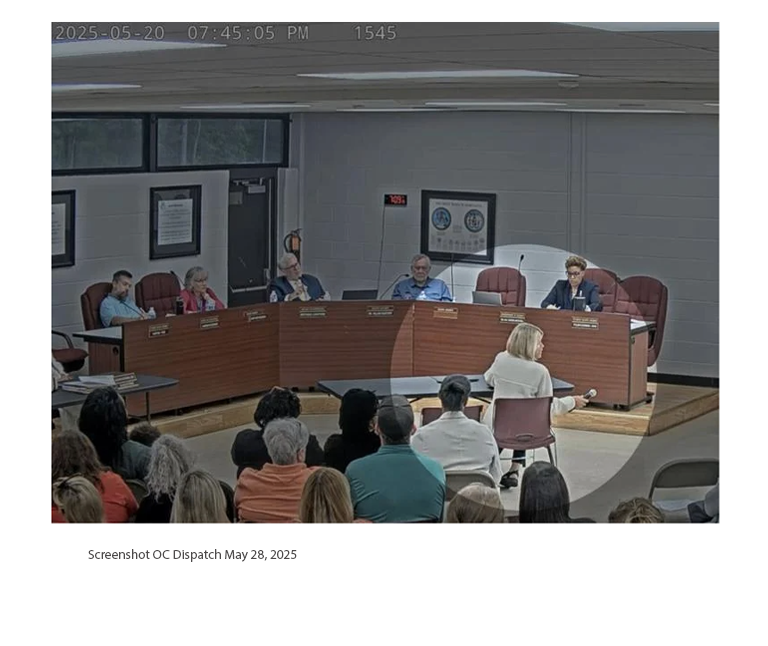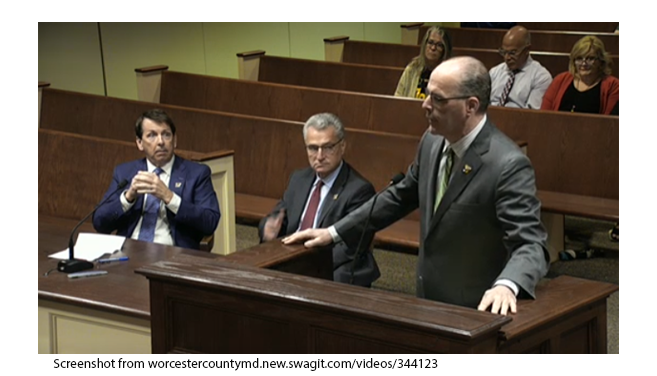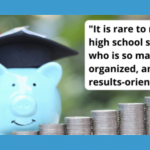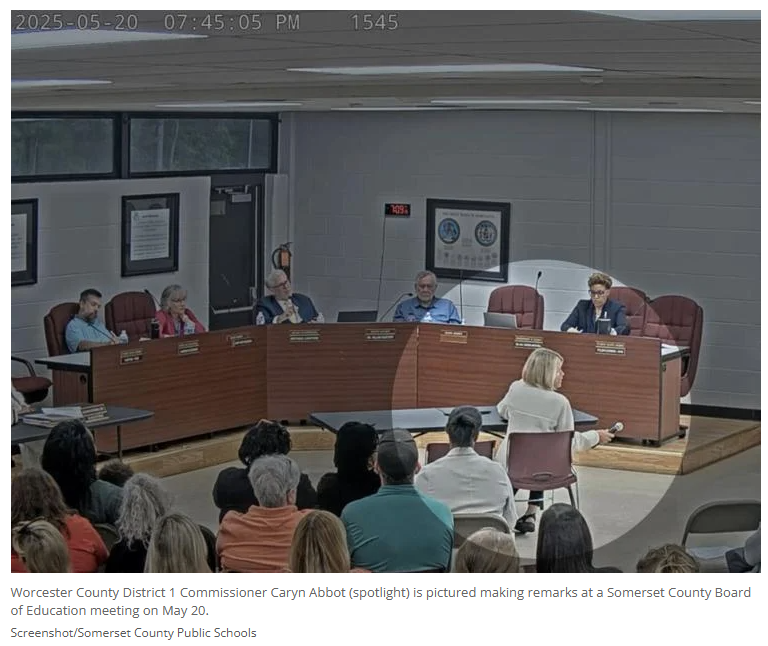
Education Reform Hasn’t Failed … Yet. 3 Overlooked Instructional Strategies (Opinion)
There are rumblings—from The New York Times, Substack, and other online platforms—marking the death, even the “strange death,” of education reform. Decades of failed initiatives—restructuring, byzantine teacher-evaluation systems, “grit,” personalized, differentiated learning, the common core, and more—have convinced some observers that “nothing that we could possibly do to improve schools could matter all that much,” that “almost nothing moves the needle in academic outcomes.”
How understandable—and wrong.
In fact, the most impactful, classroom-based reforms haven’t truly been given a chance to improve academic outcomes—and student lives. If we turned our attention from the fads du jour to the most potent, amply proven reforms, schools would realize record levels of equity and achievement—often with “amazing speed.”
A host of prominent experts predict that the wide-scale use of the most high-leverage, closely related elements and practices would result in “stunningly powerful consequences” and lead to an “unprecedented era,” even a “golden age” of educational effectiveness.
What are they? There is a strong consensus among prominent researchers on the primacy of three fundamental components of effective schooling:
- The delivery of a clear, sequential, content-rich curriculum, created by teachers.
- Large daily amounts of purposeful reading, discussion, and writing—embedded in English/language arts, science, social studies, and other areas of the curriculum.
- Explicit, mostly whole-class, intellectually engaging instruction in every course, inclusive of “checks for understanding,” in which teachers continually monitor to promote every student’s success on daily lessons.
Here’s the problem—and the opportunity: Every study confirms that these pivotal elements aren’t yet operative in most schools. Anyone who observes classrooms will note their absence. Cognitive psychologist Daniel Willingham compares educators to doctors who neglect to implement the most fundamental, life-saving procedures: “In education,” as he puts it, “we still don’t wash our hands.” Schools have yet to ensure that practitioners employ the most consequential, evidence-based practices. Unlike every other profession, we don’t even train our teachers in their use.
What Happens When Schools Embrace These Elements? A Sampling
My wife, Cheryl, taught math at a high-poverty high school in Arizona with abysmal math scores. So the vice principal charged her department to develop (and actually follow!) a common curriculum—what Linda Darling-Hammond dubs a “schedule of what to teach and when” for each course. As Darling-Hammond points out, implementing such curriculum causes test scores to “soar.” My wife’s school was among three that made the largest math gains on the state math test two years running.
If we wish to transform education, then our schools, universities, and professional-development entities must radically adjust their priorities.
In Massachusetts, after nine years of academic stagnation, teachers at Boston’s Mather Elementary School crafted a clear, literacy-rich curriculum for every discipline. In the first year of its implementation, student performance rose from the bottom to the top third on the state assessment—the largest gains in the Boston public schools.
A team of middle school teachers in my former district in Arizona made a radical revision to their English/language arts and social studies curricula; lessons consisted almost entirely of daily, purposeful reading, discussion, and writing—taught explicitly, with continual checks for understanding to ensure that all students were learning. In a single year, their performance rose from the state average to the level of the most affluent schools in the state.
A study of the highest-scoring teachers in the Los Angeles Unified schools revealed that they provided very explicit instruction laced with frequent “checks for understanding.” In a study of struggling urban schools (aptly entitled So Much Reform, So Little Change), Charles Payne, a professor of African American studies, discovered the same pattern: In a small proportion of classrooms, ongoing checks for understanding were found to result in “whopping improvements.” He was mystified that districts in his study didn’t promote or provide training in such teaching.
I once observed a high school English teacher in my community whose use of these methods, by him alone, resulted in the largest statewide gain on the writing assessment—for his entire school. To our dismay, the district all but ignored his accomplishment, preferring to launch various “restructuring” initiatives. None of those had any discernible impact on instructional quality—or learning outcomes.
If “reform” has failed, it is because our public adulation of evidence-based classroom practice collides with our unending infatuation with high-sounding schemes, ill-conceived mandates, fashionable theories, pedagogic methods, programs, and school arrangements—with “whims, fads, opportunism and ideology.” In all this, we have overlooked the most propitious, untapped opportunities to dramatically improve school performance—of simply providing intensive training to teachers in the core components described here and then monitoring to ensure their implementation.
If we wish to transform education, then our schools, universities, and professional-development entities must radically adjust their priorities. Our current situation might be compared to the medical profession before its dramatic turnaround in in the early 20th century, when studies revealed a massive gap between essential medical knowledge and actual practice. Its robust, collective response resulted in a “tsunami of improvements” in medical training and oversight—and incalculable improvements in health outcomes.
So why not us? Why not now?
Dig Deeper With Our Longreads
Newsletter Sign up to get our best longform features, investigations, and thought-provoking essays, in your inbox every Sunday.
The MEN was founded by John Huber in the fall of 2020. It was founded to provide a platform for expert opinion and commentary on current issues that directly or indirectly affect education. All opinions are valued and accepted providing they are expressed in a professional manner. The Maryland Education Network consists of Blogs, Videos, and other interaction among the K-12 community.


